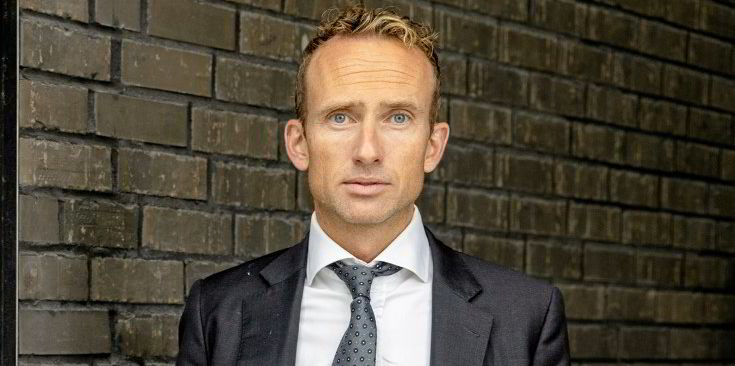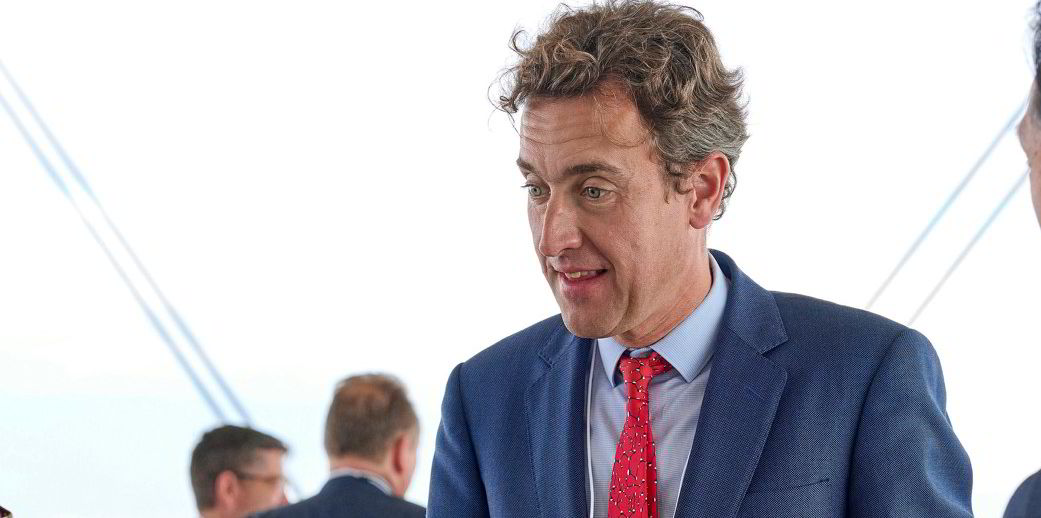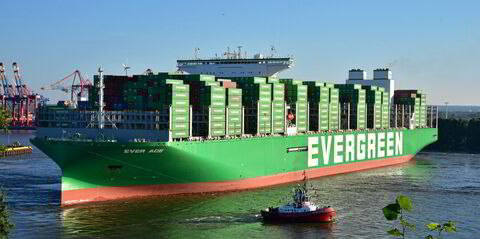Hunter Group is expecting big things from its new index-linked VLCC charter deal.
The Oslo-listed company returned to the big tanker sector last week by fixing in an unnamed 2016-built ship for three years at $52,500 per day.
The vessel was then chartered out on a floating rate that was $63,329 at the time of the announcement.
Hunter said in a presentation that there are “tangible opportunities for further charter-in vessels at similar terms”.
The 20-year average spot rate is around $55,000 per day for VLCCs and is about $46,900 today for Middle East Gulf to China runs.
The company said: “Floating rates capture every daily VLCC spot market movement with maximum utilisation.
“The average VLCC is fixed five times in a year. Even with a large fleet you are not going to capture all rate fluctuations, for better or worse.”
Hunter pointed to analyst consensus for scrubber-fitted eco VLCC spot rates of more than $80,000 per day on average for the next three years.
It also believes “asset values are too high to justify buying steel, with required lifetime rates pushing north of $57,000 per day for a $128m VLCC newbuild”.
The company calculated that a 1m barrel per day (bpd) increase in US production would mean the use of 56 more VLCCs, while a similar cut in Opec+ production would reduce VLCC demand by only 24 tankers.
Net growth in need for VLCCs
“As oil production moves further from demand, there will be a potential need for about 30 new VLCC equivalents per year,” it said.
Hunter is tipping demand to grow by around 1m bpd per year until 2028 east of Suez, while most production growth will happen west of Suez.
Earlier in December, Norwegian investor Arne Fredly became a shareholder of Hunter Group again, taking a stake of 10% in a share issue.
Fredly had sold his 100m shares in February to Hunter management after the company offloaded its last VLCCs to focus on developing liquid CO2 carriers.
Chairman Morten Astrup also built his stake to 12.55% through his Surfside Holding company.
Astrup is chief investment officer and founder of domestic asset manager Storm Capital.
BO Steen Shipping, controlled by Norway’s Bertel Steen family, also became a big new investor, buying 4.4m shares for a 10.13% holding.




